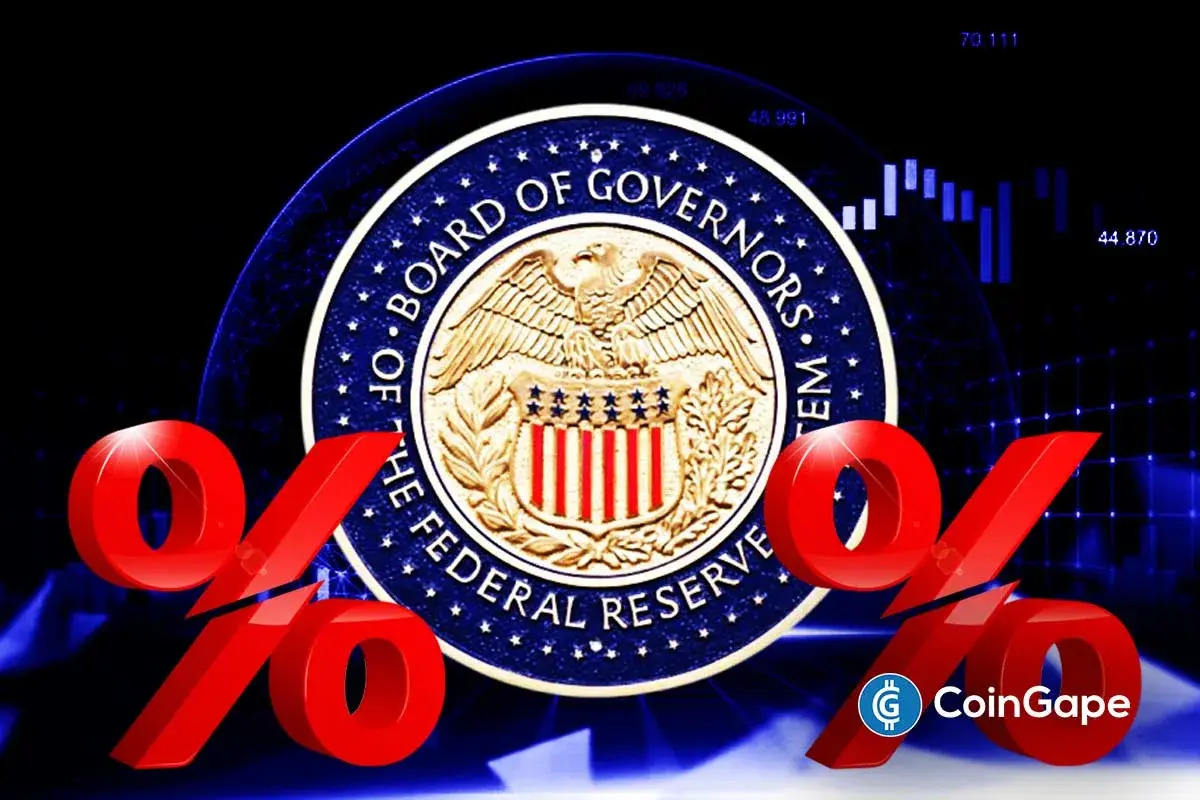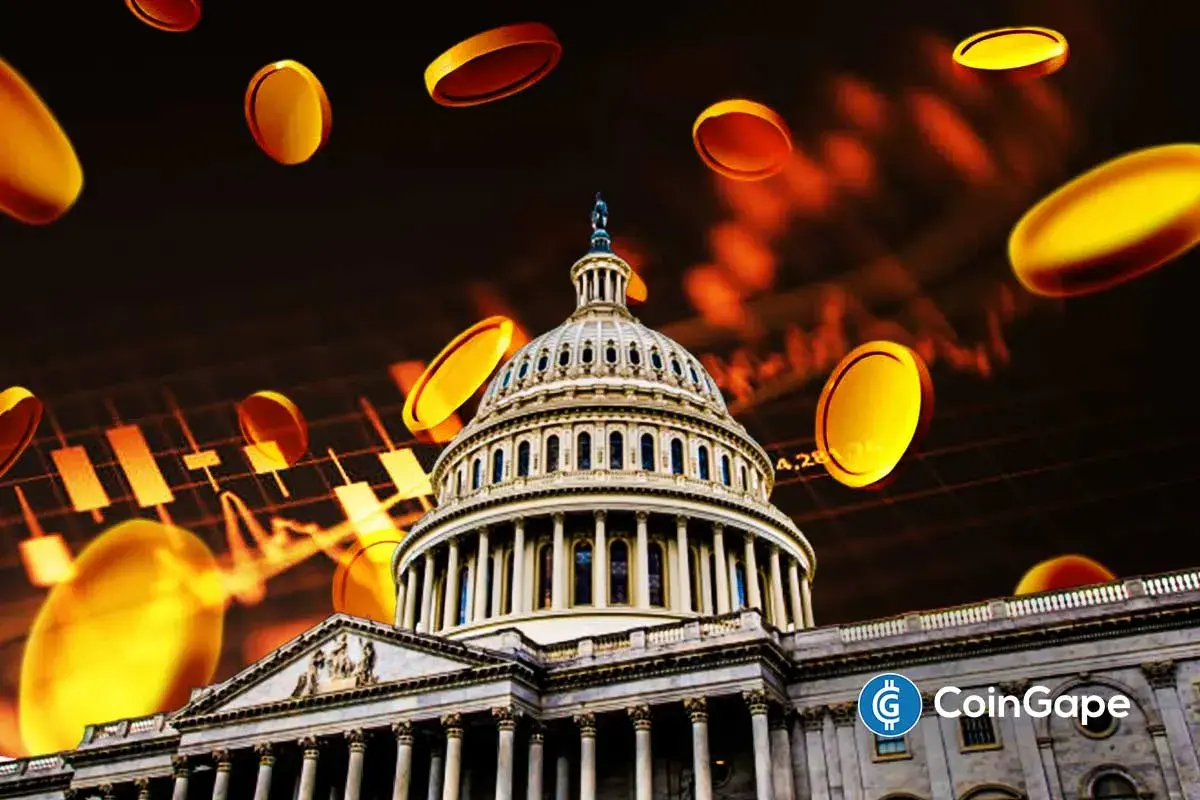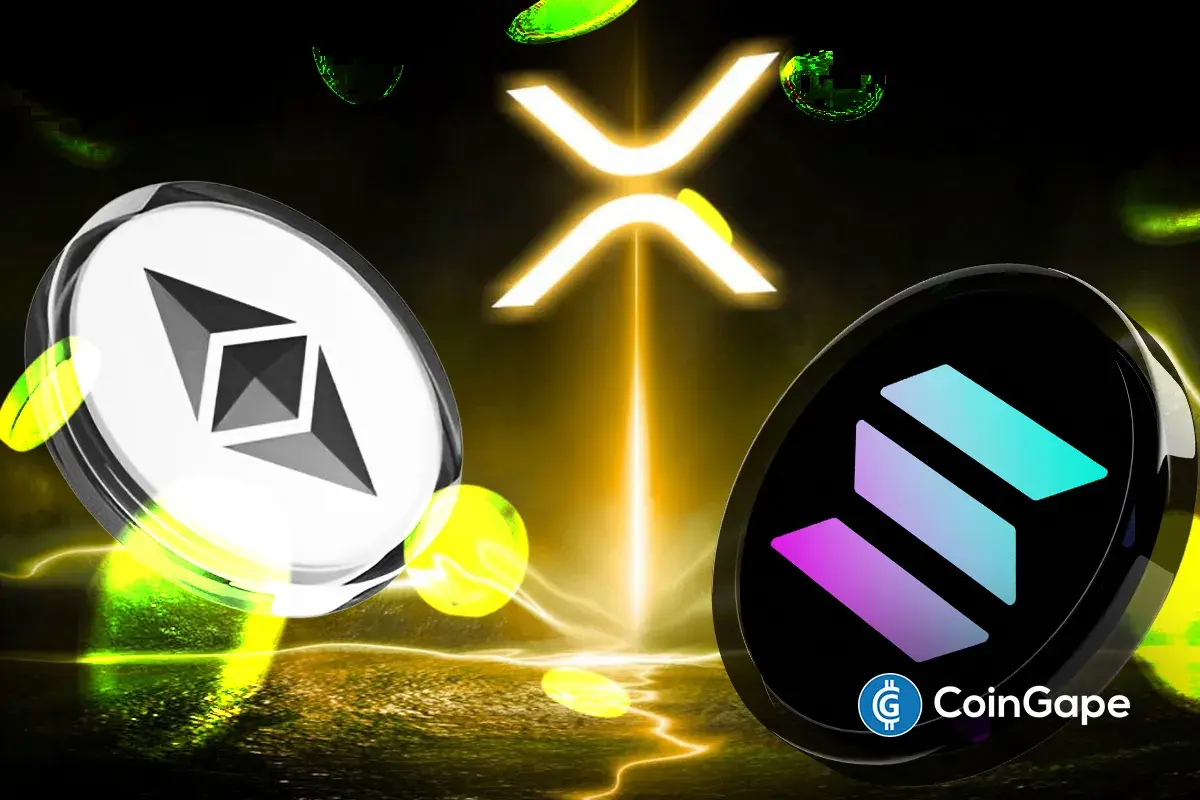Crypto Taxation Takes Effect in Nigeria: New Regulations Explained

Highlights
- Nigeria is planning to introduce crypto taxation to boost national revenue.
- The SEC introduces a licensing regime, necessitating crypto firms to obtain VASP licenses.
- The community is awaiting the US' potential decisions on crypto taxation.
In an effort to intensify regulations over the digital asset market, the Nigerian government is introducing crypto taxation. Nigeria’s Securities and Exchange Commission (SEC) is spearheading a major regulatory reform aimed at incorporating cryptocurrency transactions into the country’s tax framework.
Notably, Nigeria plans to impose taxes on cryptocurrency transactions as a strategy to increase national revenue. Thus, by strengthening oversight of the crypto market, the country aims to generate additional revenue streams.
Nigeria Unveils Crypto Taxation: Details Undisclosed
According to a Bloomberg report, Nigeria is planning to impose tax on crypto transactions in a bid to boost national revenue. The Securities and Exchange Commission (SEC) is reportedly developing a comprehensive regulatory framework to ensure “eligible [crypto] transactions on regulated exchanges are brought into the formal tax net.”
Nigeria has proposed a bill regarding crypto taxation which is currently under legislative review. The proposed bill is expected to be passed in the first quarter of 2025. Though the SEC has highlighted the significance of crypto taxation, they haven’t unveiled further details.
SEC Prioritizes Crypto Taxation and Licensing
Initially, Nigeria took an oppressive stance on the crypto market, restricting financial institutions from offering services to crypto firms. Citing concerns over increasing threats, the Central Bank of Nigeria imposed ban on crypto banking and other related activities. However, the government lifted the ban later in December 2023.
Currently, the government is fostering the Nigerian crypto market’s growth, recognizing its potential. The country’s plans for crypto taxation is a significant step towards regulating the digital asset space. As Nigeria’s crypto adoption flourishes despite regulatory constraints, the government is focusing on preserving its competitive edge while ensuring a secure environment for investors.
In a recent development, Nigeria’s SEC established a licensing regime necessitating crypto startups to obtain virtual asset service provider (VASP) licenses to operate in the country. The SEC stated, “We anticipate gradual traction toward centralized exchanges because they will provide greater protections and comfort for investors.”
Meanwhile, the US SEC is exhibiting a more advanced approach to the crypto industry. This is evidenced by the regulator’s recent acknowledgment of altcoin exchange-traded funds(ETFs).
Also Read – List of Popular Crypto Exchanges in Nigeria
US Crypto Regulations: A Global Trendsetter
Nigeria’s crypto taxation and regulation follow the United States’ growing emphasis on crypto oversight. Under President Donald Trump, the US SEC is implementing crypto-friendly regulations, fostering industry expansion. Commissioner Hester Peirce recently asserted that the agency is considering overhauling regulations to move away from the former enforcement-focused approach.
Recently, prominent figures including Eric Trump advocated for zero capital gains tax for US-based crypto projects. As Donald Trump sees cryptocurrencies as a national priority, the community anticipates the government to adopt a zero tax policy for crypto. However, experts believe such a move is highly unlikely as concerns surrounding the tax revenue system remain a major obstacle.
The crypto community is eagerly awaiting the US government’s stance on crypto taxation. Meanwhile, the same uncertainty surrounds Nigeria’s crypto taxation plans. As Nigeria’s crypto taxation details are still under wraps, it’s unclear whether the country will mirror the US’s approach once it’s revealed.
- Crypto Traders Reduce Fed Rate Cut Expectations Even as Expert Calls Fed Chair Nominee Kevin Warsh ‘Dovish’
- Crypto, Banks Clash Over Fed’s Proposed ‘Skinny’ Accounts Ahead of White House Crypto Meeting
- XRP News: Ripple Expands Custody Services to Ethereum and Solana Staking
- Bernstein Downplays Bitcoin Bear Market Jitters, Predicts Rally To $150k This Year
- Breaking: Tom Lee’s BitMine Adds 40,613 ETH, Now Owns 3.58% Of Ethereum Supply
- Cardano Price Prediction as Bitcoin Stuggles Around $70k
- Bitcoin Price at Risk of Falling to $60k as Goldman Sachs Issues Major Warning on US Stocks
- Pi Network Price Outlook Ahead of This Week’s 82M Token Unlock: What’s Next for Pi?
- Bitcoin and XRP Price Prediction as China Calls on Banks to Sell US Treasuries
- Ethereum Price Prediction Ahead of Feb 10 White House Stablecoin Meeting
- Cardano Price Prediction as Midnight Token Soars 15%















